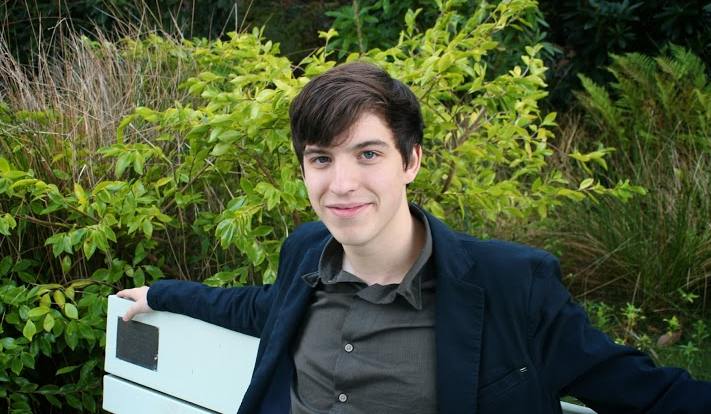Most writers filing a story from late in the Toronto
International Film Festival kvetch about fatigue. But complaining about sleep
deprivation or movie overload is neither interesting to write nor read. So
let’s pivot to some optimism: TIFF is one of the best, if not the best, film festivals in North
America.
Some textual
evidence:
1) The diverse programming. There’s a healthy balance of experimental
art-house fare, exhilarating Hollywood productions, and, of course, the vacuous
vehicles driven by big names and little substance. For better or worse, it’s an
institution that has adopted the quantity over quality approach.
2) The people. Like Ebertfest, TIFF has managed to cultivate
a unique kind of attendee. Walking around the city, many find themselves
simultaneously full from poutine and energized by coffee, debating the merits
of the new
Ben Wheatley movie. There are, of course, those who are here for celebrity sightings.
But even ambling by those crazed onlookers you can feel the passion emanating
from their trembling bodies, giddy with excitement to see Matt Damon stumble
out of his Humvee.
3) Toronto. The city bustles like Chicago, maintaining a
fast pace while also leaving time to sit back, relax and catch a breath.
Festivals do make it difficult to come up for air, though.
Then again, if a movie is firing on all cylinders, it can offer the viewer a
venue to decompress and engage with a work of fiction, offering up its own kind
of oxygen.
Case in point: Jean-Paul Rappeneau’s “Families,” a delightful trifle, which went over like
gangbusters at its premiere at the Princess of Wales theater this week. In the liner notes
of the TIFF program guide, the movie is called “an occasionally rollicking tale about a family with a remarkable past.”
The Varenne clan don’t so much have a remarkable
past as a checkered one.
The problems plaguing this household are reignited upon the
arrival of Jerome (Mathieu Amalric), who is visiting his mother and brother for
a pure reason: to introduce them to the woman he plans to marry (played by
Gemma Chan).
However, from moment one the film thrusts its characters—especially
Jerome—into one unmitigated disaster after the next. Hardly a moment goes by
where our protagonist isn’t putting out a fire within the family. Watching
Jerome attempting to quell his family, while keeping his girlfriend at bay, is
highly entertaining. “Gleeful” doesn’t seem like an appropriate
response, but the film makes little attempt to elicit sympathy. This isn’t a
film where you feel bad for the main character. You laugh at his pain and
relish in his happiness.
If a big-budget studio produced “Families”, many would
chastise the film for its contrivances. But what unfurls in Rappeneau’s first
film in over a decade doesn’t feel forced. All of these issues have collided at
once. It’s up to Jerome to pick up the pieces.

Less light then that French affair is “I Smile Back,” a dangerously dark drama by director Adam
Salky. Adapting from Amy Koppelman’s novel of the same name, the Sundance hit
casts Sarah Silverman as Laney Brooks—drug addict, mother and wife. Those
titles are ordered by importance. Laney is aspiring to do right by the people
who love her, but she’s a junkie first and foremost. Her perilous addiction
(cocaine, alcohol, etc) affects every facet of her life—it controls her,
refuses to let go.
In about 85 minutes, the movie focuses on her ongoing efforts
to break free. But this isn’t your typical morbid drama about someone hooked on
drugs. Writer Paige Dylan takes Laney’s problems seriously. It doesn’t belittle
them. It doesn’t waste time condemning her behavior. It also doesn’t pity her.
“I Smile Back” is the rare cinematic creation that treats its
characters like adults, three-dimensional and flawed.
As excellent as the prose is (the dialogue has a dynamic,
naturalistic tinge to it), it’s Silverman who shines the brightest. This highly
dramatic turn is not too surprising, though. Her stand-up comedy has always
been fueled by darkness—poking fun at the pain that accompanies day-to-day
life. With Laney she has fully assumed this character. At times it’s almost
impossible to distinguish between the fictitious person on screen and the
beloved comedian. The two, by the end of this unnerving film, become fully
entwined.
(Ed.-The original version of this dispatch contained coverage of “Love” that should not have been included. It has been removed. We covered the film at Cannes and will cover it again on theatrical release.)












